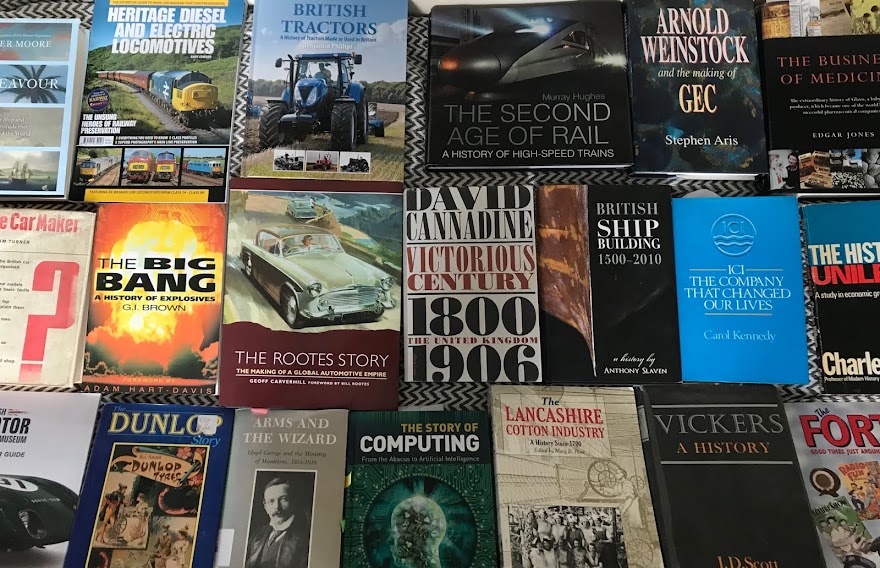In response to my last article, Ralph Williams told me that, as a small boy in WW2, he would sit on the stage and watch the couples navigate the crowded dance floor every Friday and Saturday night. Ralph’s grandparents were caretakers and lived in the house attached to the hall. His granddad would take great pride in keeping the dance floor shiny. His gran would serve refreshments to the thirsty dancers.
It wasn’t just Len’s band, or that of his wife, who took over the band when Len died; it was others: Ted Heath, Johnny Dankworth and Cleo Laine. Ralph spoke with special delighted of Ivy Benson’s All Girl Band, which he also managed to see later out in Egypt on his National Service.
New Year’s Eve was very special. Mrs Marshall would have dances going on not only in the Drill Hall but also in the Assembly Rooms and in a dance hall, now gone, opposite the Theatre Royal.
It wasn’t just dances. In the first floor room bordering Broadgate there was a private Men’s Club with bar and billiard table. At the other end, again upstairs, there was the Sergeant’s Mess Club also replete with billiard table.
On Boxing Day the shooting range to the right of the hall would be brought into use for a shooting competition and Ralph’s Dad, Arthur Williams who worked at Rustons in Boultham, would be a keen participant.
As musical tastes changed, so did the Drill Hall offering with the bands and performers such as Gene Vincent (with his famous hit “Be Bop A Lula”), Screaming Lord Sutch, Jess Conrad, Shane Fenton (later re-invented himself as Alvin Stardust), The Hollies and Ultravox.
There were local bands too, including the Sultans. The Hollies crossed the road after their Drill Hall gig to hear the Sultans in the old Ruston Club, aka Oddfellows Hall. Martin Phillips recalls that the Hollies complemented the Sultans on their version of Searching. Andy Blow told me another Sultans story: they were invited to support the Stones at the Drill Hall on NY Eve ’63 but felt they had to decline - they were already booked at Branston Village Hall! The Stones were a breaking band but it wasn’t yet apparent that they were going to be one of the biggest bands of all time.
In 2004 the Drill Hall re-opened with a broader remit. It was to be the performing arts venue for the city. This was not only a matter of hosting professional acts, but also being the space where local groups could perform.
There was comedy and in their early careers audiences enjoyed Lee Evans, John Bishop, Rob Brydon, Lee Mack, Jason Manford, Jack Dee, Sean Lock Sarah Millican and Stewart Lee. Still enjoyed are Marcus Brigstocke and Jeremy Hardy amongst others.
There were talks, in politics, Tony Benn and Shirley Williams but also Roy Hattersley, Michael Portillo and Ken Livingstone. Outside politics the hall has hosted Melvyn Bragg, Germaine Greer who is back this coming summer, Will Self, Gervase Phinn, Jenny Agutter and Chris Packham.
There has of course been more music. Not only did Johnny and Cleo play the Drill Hall, but their daughter Jacqui Dankworth has appeared in two Lincoln Jazz Five gigs there. Darius Brubeck, son of Dave, has been another famous jazz visitor as has Jamie Cullum of course. Georgie Fame, The Kyle Eastwood Band and Dennis Rollins.
In terms of Folk, Fairport Convention have been back each year and there have been visits from Martin and Eliza Carthy, Seth Lakeman, Bella Hardy, Lau, The Unthanks. Julie Felix was a visitor last year.
With rock and pop, audiences have enjoyed Steve Cropper, The Buzzcocks, Lloyd Cole, Midge Ure, Howard Jones and King King.
All this is before I even mention classical music, dance and theatre. Did you see Ockham’s Razor when they first came?
What are your memories of the Drill Hall?
This piece was published by The Lincolnshire Echo on 30 March 2016

